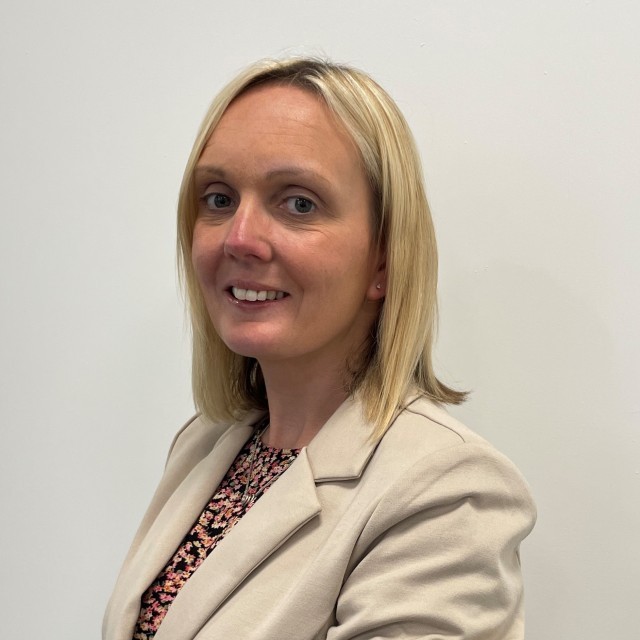Claims arising from fatalities in Scotland are reported infrequently and always attract the attention of those who have an interest in personal injury litigation in Scotland. The recent decision from the Court of Session of Lynda O’Neill and others v Scottish Ambulance Service Board [2025] CSOH 17 is an interesting case which predominantly deals with the duty of care owed by professionals in the healthcare sector. Specifically, this case related to the duty owed by the Scottish Ambulance Service during remote triage assessments.
The pursuers alleged negligence on the part of the Scottish Ambulance Service for failing to transport Mr O’Neill to the hospital after he fell and sustained a head injury. Mr O’Neill had been visiting an off-grid rural hutting community when he fell, sustaining a serious laceration to his head. He had been drinking alcohol. An off-duty psychiatrist who happened to be nearby, Dr Rae, attended to him and a 999 call was made.
Mr O’Neill was initially triaged into the green category, which meant he was to be subject to further triage. A second 999 call was thus made by a paramedic to Dr Rae. There was some factual dispute about the content of that call, but Dr Rae gave clear evidence that she reported Mr O’Neill needed to go to hospital. In direct contradiction to that, the paramedic’s evidence was that Dr Rae said she would look after Mr O’Neill without assistance; thus no ambulance was sent. Dr Rae left Mr O’Neill in his hut overnight and the next morning Mr O’Neill was found not breathing and could not be resuscitated.
The case focused on the sequence of events during the second 999 call which had not been recorded. The pursuers argued the paramedic should have sent an ambulance, and failure to do so was a breach of duty per Hunter v Hanley. However, the defenders argued that Dr Rae told the paramedic an ambulance was not required, and the paramedic was entitled to rely on Dr Rae’s assessment. It was also argued that Mr O’Neill’s level of intoxication was not clinically significant to require ambulance assessment.
The court preferred the evidence of Dr Rae in respect of the second 999 call, concluding that the paramedic’s actions did not meet the expected standard of care for an advanced paramedic practitioner. The court found that there was a failure to identify critical factors, like Mr O’Neill’s anti-platelet medication and the potential for internal bleeding, which constituted a breach of duty. The court found that the paramedic failed to conduct a comprehensive triage assessment, failed to identify red flags indicating an ambulance was needed, and did not adhere to the Joint Royal College Ambulance Liaison Committee (JRCALC) guidelines.
On causation, the defenders argued that Mr O’Neill would not have attended hospital if an ambulance was sent, however the court rejected this, finding he would have followed advice, and had he done so, he would have survived.
The court thus held that the Scottish Ambulance Service was liable for Mr O’Neill’s death.
Quantum of damages between the parties had been agreed prior to proof. The decision states that deceased was married and had three children, three grandchildren and there is also reference to a brother. We can thus make certain assumptions in relation to the decrees granted by the court as follows:
The agreed damages figures for the relatives comes within what might be termed ‘the normal range’ having regard to previous authorities and applying inflation to those.
The case highlights the liability that healthcare providers may face when failure to follow protocol and carry out an adequate assessment results in patient harm or death.
It is helpful in clearly defining the scope of duty of care within remote triage scenarios, ultimately determining that the paramedic retained responsibility, regardless of the fact there was a medically qualified bystander present. The duty of care owed by an off-duty medic was not analysed in detail, however it is clear from the judgement that the paramedic was under a clear duty to follow an established protocol, and her failure to do so was a breach of duty.
If you’d like to discuss this topic further, please get in touch.
Joanne Farrell - Partner
Email: jfarrell@keoghs.co.uk
Natalie McCartney - Associate
Email: nmccartney@keoghs.co.uk


The service you deliver is integral to the success of your business. With the right technology, we can help you to heighten your customer experience, improve underwriting performance, and streamline processes.